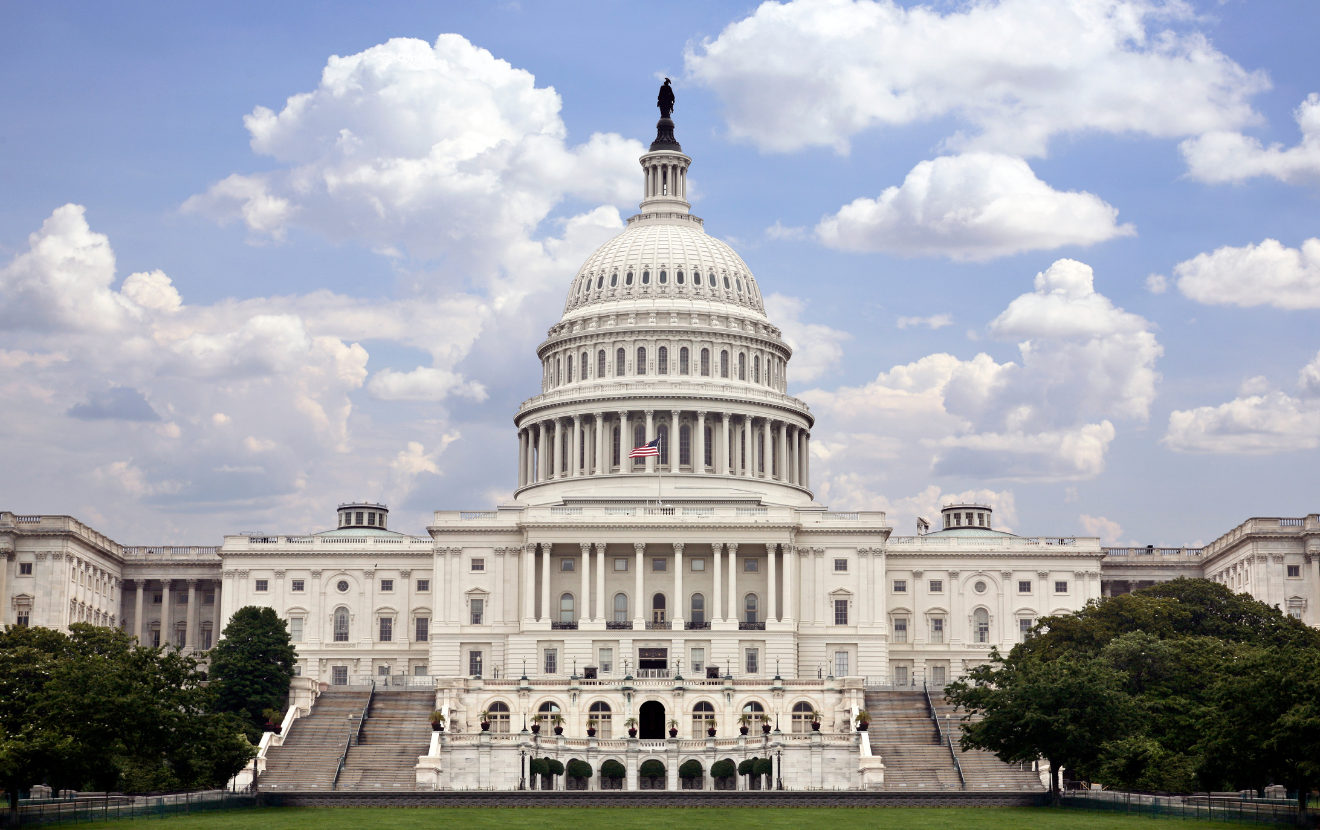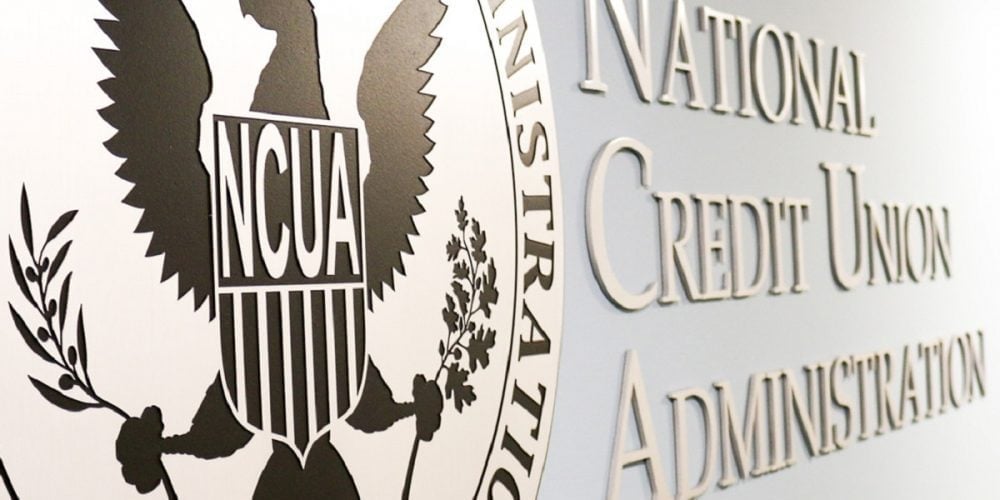“Unprecedented!”
“The calm before the storm!”
“A source of nervousness!”
These were just a few words senior leaders of the credit union movement used to describe the current business environment, which we call “Business As Unusual.”
Since the very beginning, credit unions have been on the frontlines of the COVID-19 pandemic. From strategic planning to community engagement, the pandemic has required credit union boards and leaders to throw out the status quo and adapt to ensure their members can continue to grow and thrive.
Filene Research Institute and OnBoard recently brought a panel of innovative leaders together to share their insights on how board and leaders are navigating this new era. They included:
- Paroon Chadha, Co-Founder and CEO, Passageways
- Bob Falk, CEO, Purdue Federal Credit Union
- Dean Pielemeier, President & CEO, Abbey Credit Union
- Erin Coleman, Senior Director, Advisory Services, Filene Research Institute
- Amit Seru, Steven and Roberta Denning Professor of Finance, Stanford Graduate School of Business
Key takeaways from this panel of experts included:
- The State of the Economy and Industry: “Now is Calm Before the Storm”
- Resilience and Recovery Plans: “As Good as Your Experience”
- Board Interaction During the Crisis: Frequent Updates, Surveys, and Changing Focus
- Memo from Management to the Board: “Keep It as Strategic as Possible”
- 2021: Predicting the Unpredictable
The State of the Economy and Industry: “Now is Calm Before the Storm”
The current environment has been called “the calm before the storm.” Panelists expect the next 12 to 18 months – and even further into the long-term – to be crucial for the economy and the financial services industry.
- “2020 is still somewhat normal, but we expect 2021 to be a pretty rough year on both the consumer and commercial portfolios. We’ll start seeing some improvement in the economy in 2022. Then in 2023, maybe we’ll get back to a new version of normal.” – Bob Falk
- “I don't have a real warm and fuzzy about the next couple years for the economy and how we're going to have to react to it. I think debts are going to be a very huge burden for the country for years to come. I am concerned about the delinquency we may see this year and into next year. We’ve started ramping up our probation as most people have because we do think that’s coming. We're going see a lot of cost cutting in our shop just to help offset the PLL provision expense.” – Dean Pielemeier
- “When thinking about the opportunity for us in the next 12 to 18 months, we’ve talked about focusing on the human connection, which is our superpower as credit unions. It’s not about boiling the ocean, but focusing on what we can control.” – Erin Coleman
- “In the financial services industry, the last decade was all about banks and credit unions facing headwinds from FinTech and big tech firms. Credit unions and banks will regain the advantage because they understand the industry. But they will have to pull their socks up and try to get into the digital space, and potentially even collaborate with a bunch of these firms.” – Amit Seru
Resilience and Recovery Plans: “As Good as Your Experience”
Disaster recovery plans (DRP) and business continuity plans (BCP) have long been in place as a requirement of regulatory compliance. Written mainly to address recovery from natural disasters, the pandemic and immediate switch to a remote workforce required credit unions to adapt their DRPs and BCPs quickly.
- “We kicked off our first meeting somewhere in January. I brought it together saying, ‘Hey, we should pay attention to this COVID thing.’ Then we started meeting daily right around mid-February. We were meeting every day and virtually rewriting our business continuity plan every day. How many of us have ever had to shut down our branches within 24 hours and try to figure out how to serve members remotely? How many of us had to figure out how to shut our rear offices down, virtually kick every employee out of the office, and then have them work from home within 24 to 48 hours? We never had that written anywhere in the plan. We had it written for a building hit by a tornado or struck by lightning or flooded, but never a widespread ‘clear out the whole place immediately and everyone work from home.’” – Bob Falk
- “For us, our plan was more of a disaster scenario. But we had a workforce that really took it seriously and stepped up to the plate where they needed to. Even though we weren't what I would consider one hundred percent prepared – I don't think anybody was – we did in short order get things up and running and really never missed a beat with the members. We always had the drive-throughs open. We went out and closed loans out in the parking lot. We kept things running and kept the members safe.” – Dean Pielemeier
- “Disaster recovery plans are as good as your experience. Credit unions also have had to figure out how to continue engagement and communication with their employees as they are remote. Those are components that were not written in their plans, but became evident relatively quickly because employees and managers needed a connection. While it has been very difficult, credit unions overall were brilliant in creating this pivot and creating a workforce that could continue to serve members right away.” – Erin Coleman
Board Interaction During the Crisis: Frequent Updates, Surveys, and Changing Focus
As their businesses have evolved, so too have interactions between between credit union executives and their boards of directors.
- “What changed the most was the amount of updates. We moved to virtual meetings in February, and we said ‘We’re going to need the latitude to be able to make decisions quickly. Are we okay just doing that and letting [the board] know what we're doing?’ And I got that approval to do that, which was really important.”
“We were meeting daily making decisions on what we're changing in the operation. Then I would give the board a Friday update. Here's the synopsis. Here's all the stuff we did this week. Here's when the branches are closing. Here’s when we moved all the employees off site. Here's all the latest. So there was much more regular communication to the board.” – Bob Falk - “I've used the survey module within OnBoard to get a feel of where the board members stand on things. For example, I did one recently to get an idea where people stand on getting back together in person.” – Dean Pielemeier
- “We saw that initially the conversations were one-on-one and were very quick because the CEOs were communicating with board members to tell them what was going on with the business and also to let them know what was going on with the health and safety of the employees. Then the focus went broad and turned to providing immediate relief to members. As that eased, the focus turned to employee safety, security, and providing support to members who still need it.” – Erin Coleman
Memo from Management to the Board: “Keep It as Strategic as Possible”
During a crisis, events on the ground can shift daily. Credit union executives need the flexibility to move quickly and stay nimble, and boards need to focus on broad-level governance. The key is to recruit board members who are strategic and keep their focus not only every day-to-day detail, but on the bigger picture strategic issues.
- “The biggest thing that we saw with our board reinforced our path where we are recruiting board members who are strategic. They weren't involved in the day-to-day. They were very much in a governance role. They stepped back and said ‘Management, you’ve got this. You have the tools to make the decisions. Go and make the decisions. Just keep us in the loop.’ That's very different from some of my peers who had to go to their board to make those decisions every time. They were much more of an operational board. For me, it really crystallized that it was important to have that strategic governance level board member. Not someone that really wants to watch and run the organization from the boardroom. It just isn't effective.” – Bob Falk
- “We’ve been talking to credit unions about making sure you give the board the tools that they need to have that open communication. It’s also very important for them to give the CEO the support that they need, boost them up, provide constructive feedback, and keep it as strategic as possible. Make sure that you're approaching things from a factual standpoint. It's easy to say and hard to do in these tumultuous times, but it's imperative to keep your eye as a board member on the facts of the current state and on the future. Give the flexibility and the trust to the CEO and the executive team to run the business while you keep your eye on higher-level information. Listen and ask questions if you don't understand what decisions are being made and what that means strategically.” – Erin Coleman
2021: Predicting the Unpredictable
There is a saying: “It is often said there are two types of forecasts: lucky or wrong.” Nevertheless, each of the panelists offered one prediction they see coming true by the end of 2021.
- “I think you're going to see an extreme ramp up of consolidation. There are absolute capital drain and capital impactful types of issues that are headed our industry's way, and that's going to drive immense consolidation in both the credit union and banking industries. It's won’t just be about small credit unions merging into bigger credit unions. It's going to be shops like my billion and a half credit union [Purdue Federal Credit Union] with another billion and a half or 2 billion credit union to get those economies of scale, to pick up some functionality, and to handle the load on the organization.” – Bob Falk
- “The dollar is the most dominant currency in terms of how transactions are done worldwide. I expect a lot of competition to come up at a fast pace and are going to slowly but surely chip away at the dominance that dollar has. All this spending of trillions of dollars that we have done and probably need to keep doing is not going to help on that front. And it's going to probably happen much faster than anybody thought because everybody thought that the only currency we need to worry about probably is the central bank currency of China. But there are digital players coming up, too, and they are going to challenge the dollar as well.” – Amit Seru
- “I think it's going to be very difficult for credit unions to keep their bottom line because capital is going to be an issue because of the growth that we've seen and some of this stimulus money that's coming in. We've grown 23%, and if we don't see some that go back out, our capital ratio is going to be something to be concerned about. So I think keeping capital up is going to be a struggle next year. We'll start seeing credit unions merge to try and resolve the issues and some of it just out of necessity.” – Dean Pielemeier
- “The reason for all this economic conversation we're having is the health pandemic. And I think a year from now, we will see a widely available and affordable vaccine. Our conversations next year will be about how we shore up that bottom line, and also about encouraging mobility, spending where possible, and continuing to support members where they need it most. From a cultural perspective, I expect that more of us will work remote and that there will be different ways of interacting with members that perhaps we haven't even thought of yet. I think the face of our workforce and the face of our membership is going to change because conversations about racial and economic justice are going to continue. And I think ultimately that's going to be a good thing.” – Erin Coleman
- “I predict the death of privately-owned data centers. We’re starting to see the real grinding on that front.” – Paroon Chadha
Watch the Webinar Replay to Learn Even More
Those were just five of the insights that the leadership panel shared. There was plenty more to be learned from this rich and thoughtful conversation, so we encourage you to sign up and watch the full webinar replay.







